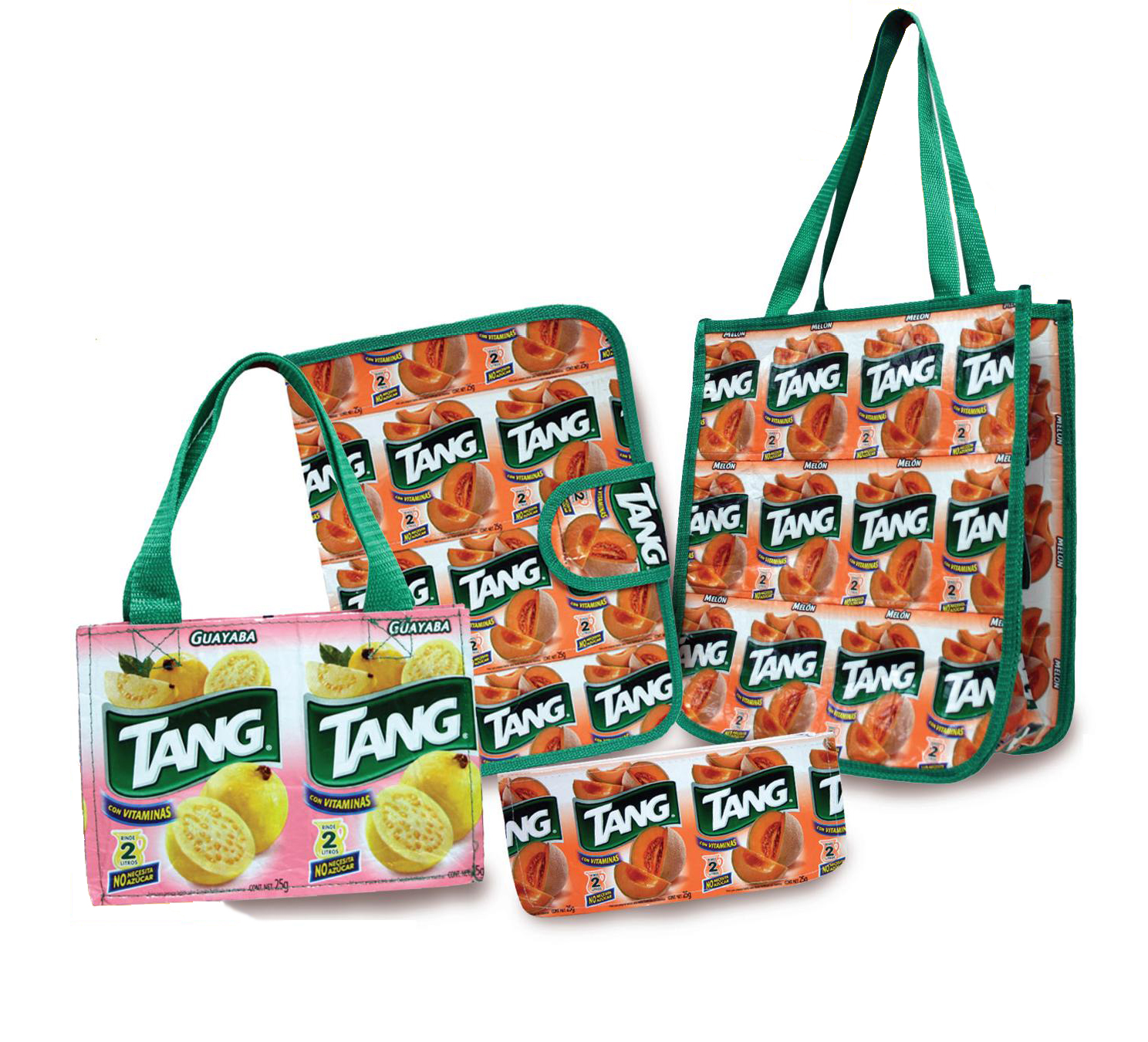TERRACYCLE NEWS
ELIMINATING THE IDEA OF WASTE®
Posts with term TerraCycle X
¿Cómo Eliminar la Idea de la Basura®?
TerraCycle ofrece programas de reciclaje para brindar una nueva vida a los residuos.
Michael Waas, Vicepresidente Global de Asociaciones de Marca de TerraCycle, impartió una conferencia magistral sobre el valor de los residuos en el Tecnológico de Monterrey el pasado lunes.

La conferencia inició con la jerarquía de los residuos, en donde Michael mencionó que en el nivel más bajo están los sistemas lineales como los rellenos sanitarios y la incineración. Mientras que en los niveles altos están en el reciclaje, que valora el material del residuo; el upcycle, valora el material y la forma de los residuos; y el reuso que se centra en el material, forma e intención de la basura.
Los niveles altos de la jerarquía corresponden al concepto de economía circular que propone reducir el uso de las materias primas y energía, y que el valor de los productos, materiales y recursos se mantengan en la economía durante el mayor tiempo posible.
Las empresas han intentado encontrar modelos más sustentables para su operación, sin embargo Michael dijo que “el problema es que están usando los materiales incorrectos”. TerraCycle ha creado diversas aplicaciones para los residuos que anteriormente han sido considerados como “no reciclables”, prueba de ello son los programas de reciclaje de bolsas de botana, de pan y pan dulce; empaques de galletas y jabones, y productos de higiene bucal.

La empresa encontró la forma para que los consumidores puedan comprar directamente la solución de reciclaje para el producto que consume con la caja cero desechos. Esta caja permite reciclar casi cualquier tipo de residuos, como cápsulas de café, desechos electrónicos o de laboratorios, etc.
"¿Por qué reciclamos? Porque es el único aspecto de la sustentabilidad que puedes tocar físicamente, dijo Michael."
作为老板:我是如何面试应聘者的?
It’s the Little Things: How to Add Brand Value, Sustainability to Retail Spaces
Você conhece o conceito Upcycling?
Why Isn't More Waste Recycled?
Five golden rules to help solve your recycling dilemmas
14 Items You Can Recycle - But Probably Aren't (Part Two)
- Light Globes - Light globes come in a few different types which differ in composition as well as means of disposal. Fluorescent tubes, compact fluoros (CFLs), HIDs and metal halides all contain mercury and need to be recycled through council, commercial or community programs that safely separate the different elements. Incandescent globes and halogens can be recycled through some of these programs or can simply be wrapped in paper and disposed of in the garbage bin. They are made from low value and non-toxic materials which makes recycling them very difficult.
- Mailing Satchel - If your workplace uses lots of Australia Post mailing satchels you can sign up to the free Mailing Satchel Recycling Program run in conjunction with TerraCycle. Once you’ve signed up you just bag up your satchels, download a shipping label and post them off to be recycled.
- Paint - Under the new PaintBack scheme 15 cents is added to the price of each litre of paint which is used to establish collection points and recycling processes for un-used paint. PaintBack locations are beginning to appear around the country. Many councils, state-run clean out programs and the Community Recycling Centres in NSW also collect paint. Find a site near you.
- Ink and Toner Cartridges - Whether you use ink jet cartridges at home or toners at work recycling them is easy though 'Cartridges 4 Planet Ark'. There are collection boxes in over 4,000 retail outlets and your workplace can apply for your own box. And better still it’s completely free to the user as the participating manufacturers – Brother, Canon, Epson, HP, Konica Minolta and Kyocera - cover the costs.
- Pizza Boxes - An increasing number of councils accept pizza boxes for recycling. They just need to be free of solid food and too much oil. If the base it too soiled, you can tear it off and dispose of it in the garbage bin and recycle the top.
- Soft Plastics - You can drop your used soft plastics including bread, cereal, pasta, lolly and dry cleaning bags off at participating (metro) Coles and some Woolworths stores where REDcycle will recycle them into new products like furniture for schools. The basic rule is that if you can scrunch it you can recycle it. (Residents in some councils like those around Perth, plus Ballina, Lismore, and Moreland can recycle soft plastics in the council bin.) Make sure you follow council advice re soft plastic as it can cause problems if it ends up in the wrong system.
- Toothpaste Tubes and Brushes - These are tricky and definitely can’t go in your home recycling bin but can be recycled though TerraCycle’s Oral Care Recycling Program. The program is ideal for workplaces or schools as it also operates as a fundraiser.
